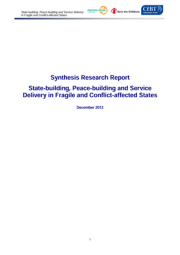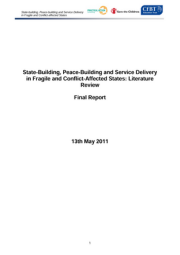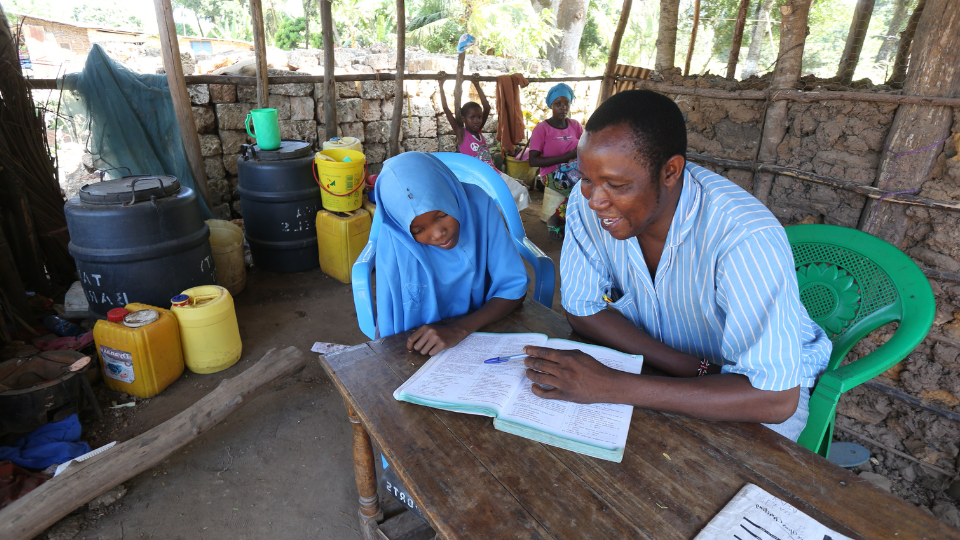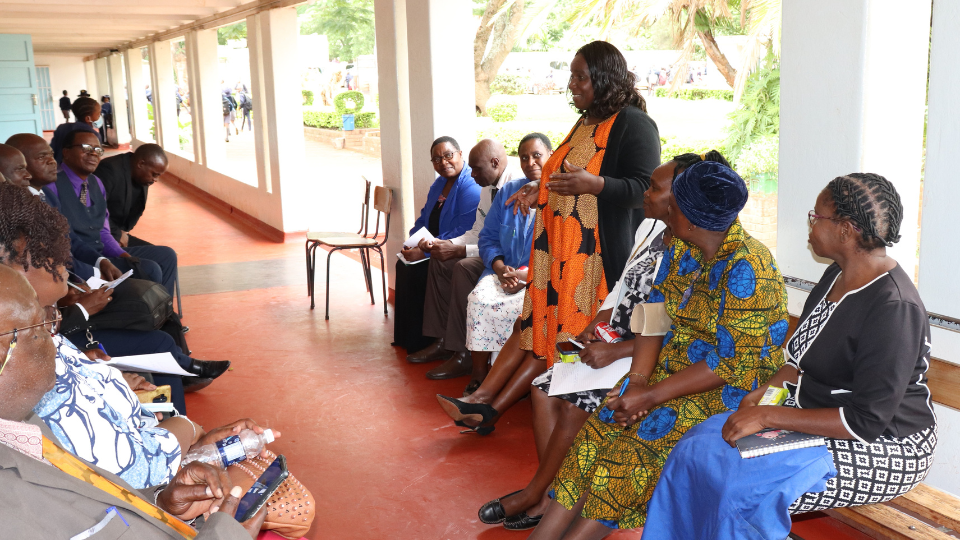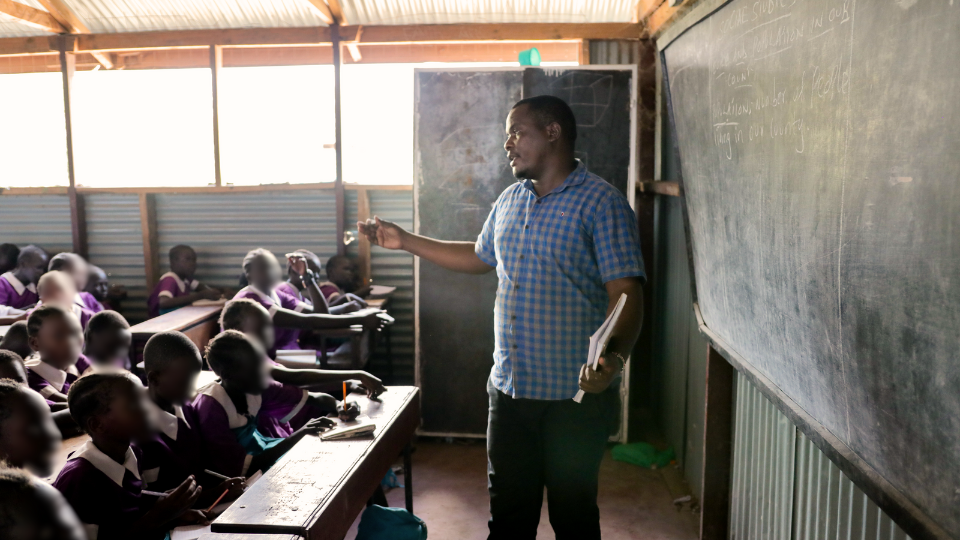Research and insights
Global Dialogue convenes international education community to discuss transforming education systems
EDT provides technical assistance through SCALE programme, to improve foundational learning outcomes
View all Insights
School leadership
Improving school systems at scale
Sub-Saharan Africa
School-to-school collaboration
Teacher development
Covid-19
Edtech
Middle-East and Asia
Consultancy
Climate change
Refugee education
Employability and Careers
Girls education
Case study
System change
Early years
Language learning
Accountability
Impact reviews
View all Research
Teacher development
Sub-Saharan Africa
System change
Improving school systems at scale
Middle-East and Asia
Language learning
Ownership and management of schools
School-to-school collaboration
Early years
Edtech
Accountability
Employability and Careers
Refugee education
School leadership
Girls education
Case study
Consultancy
Covid-19
Climate change
View all Podcasts
Unlocking academic outcomes through improved oracy skills with Oracy Cambridge’s Alan Howe, and EDT’s Dr Nicky Platt and Dr Jim Rogers
Fascinating findings from England's National Tutoring Programme with ImpactEd Evaluation's Holly Waddell, and EDT's Laura Fox and Fiona Rutherford
How global education benefits from international testing with former schools minister Nick Gibb, EDT's Dr Richard Churches and CfBT Brunei's Dr Louise Pagden
The universal benefits of developing adult skills with WEA’s Chris Morgan and EDT’s Kiri Baxter
Tackling the climate crisis at an educational level with Kulima’s Dr Katharine Vincent and EDT’s Donvan Amenya and Rachael Fitzpatrick
How to improve early years education for all with Busy Bees Nurseries' Gill Jones MBE, early years consultant Jan Dubiel, and EDT's Lyn Challender
How to deliver education reform at scale with The Brookings Institution's Brad Olsen and EDT's Elizabeth Ogott and Clare Buntic
Exploring school improvement through external review with Noelle Buick and Valerie Dunsford
The nuances of applying research to real world teaching with Cat Scutt, Emma Gibbs and Dr Richard Churches
Strengthening the connection between young people and their futures with Oli de Botton, Mark De Backer & Wendy Phillips
Harnessing the collective power of peer review with Maggie Farrar and David Godfrey
Achieving a gender-responsive pedagogy with Nora Fyles, Ruth Naylor and Rosa Muraya
The ‘golden thread’ helping to retain ECTs with Sam Twiselton OBE & Dr Nicky Platt
How leaders of learning are improving education in Rwanda with Amy Bellinger and Jean-Pierre Mugiraneza




